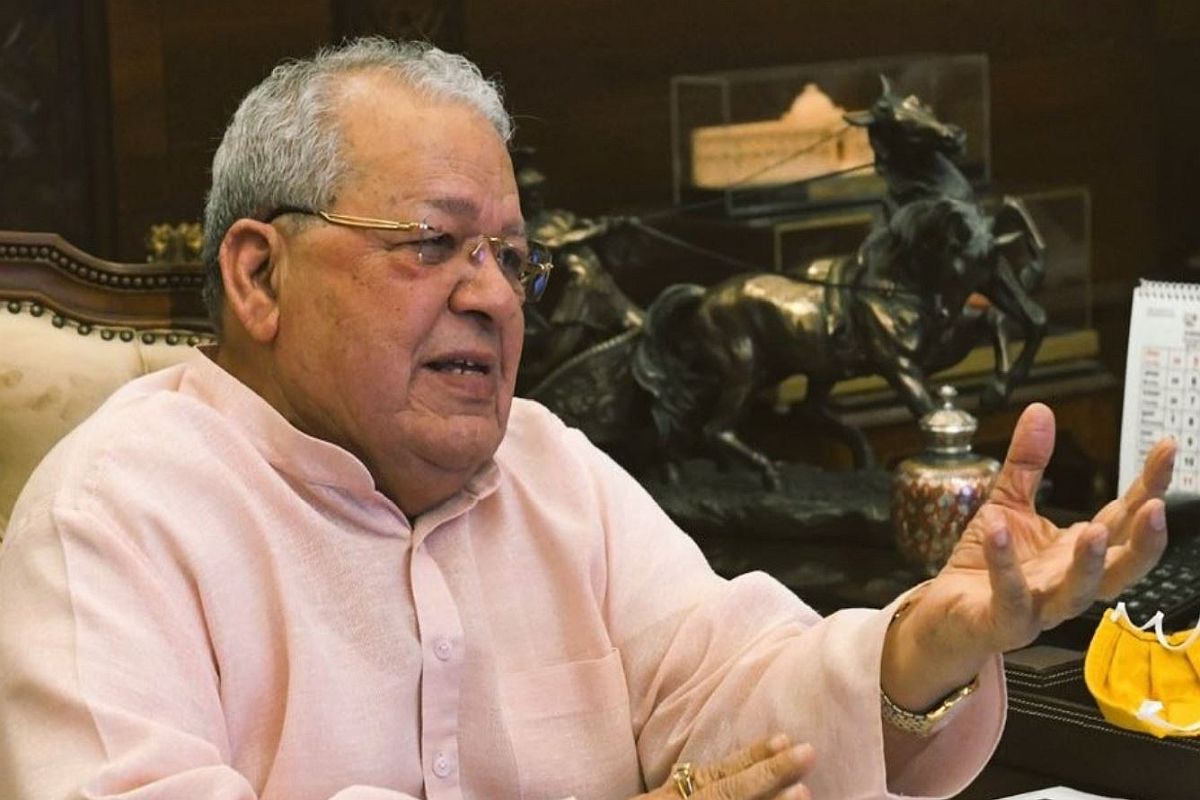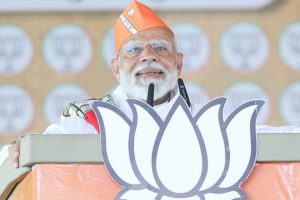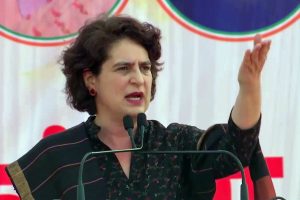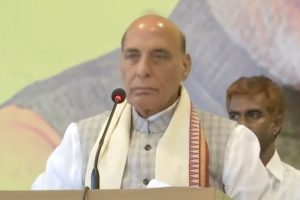By saying he is ready to summon a session of the Rajasthan assembly if the Chief Minister advises him to do so at 21 days’ notice, Governor Kalraj Mishra has made it quite clear how the cookie crumbles in the crisis-ridden state. In effect, Mr Mishra has given those wanting to topple the Ashok Gehlot government 21 days to find the ways and means to do so, and thereby signalled his blatant partisanship in the matter.
In 2016, a Constitution Bench of the Supreme Court in the Arunachal Pradesh assembly case had clearly laid down, “In ordinary circumstances during the period when the CM and his council of ministers enjoy the confidence of the majority of the House, the power vested with the Governor under Article 174 to summon, prorogue and dissolve the house(s) must be exercised in consonance with the aid and advice of the chief minister and his council of ministers. In the above situation, he is precluded [from taking] an individual call on the issue at his own will, or in his own discretion.”
In other words, if it is the advice of the government of the day to summon a session of the Assembly at short notice, the Governor must comply.
Only if there are doubts about the majority enjoyed by the Government does the Constitution allow the Governor to exercise his discretion but in such a case, as laid down in the Bommai judgment, he must summon the Assembly at the earliest.
The requirement of a 21-day notice, sought to be justified by the Governor’s supporters on the grounds of the coronavirus epidemic, is neither here nor there as it would not apply in either situation – that is whether Mr Mishra believes the government enjoys majority support or does not.
If he believes it does, he is bound by the advice of the Council of Ministers; if he believes it does not, he must summon a session at the earliest to avoid horse-trading.
The argument of the epidemic is just balderdash. From all accounts, the bulk of the members are at one of two locations – the Fairmont hotel on the outskirts of Jaipur or the ITC property at Manesar, a fourhour drive from the Rajasthan capital.
They can be summoned at a day’s notice if required unlike in other situations where it may be argued they need time to return to the state capital from distant constituencies.
Also, Mr Mishra might like to find out how many days’ notice his counterpart in Andhra Pradesh sought when summoning a session of the state assembly in June when, too, the epidemic was raging. It is unfortunate that despite multiple judgments of the apex court and the recommendations of the Punchhi Commission, Governors continue to harbour the myth that they enjoy unbridled discretionary powers.
On the day they assume office, Governors become creatures of the Constitution, bound to preserve, protect and defend it. The Congress, of course, is in no position to claim the moral high ground; Mr Mishra, a former Chief Minister of Uttar Pradesh, may well argue he is taking a leaf out of the book of a former Governor of that state appointed by the party which now feels so discomfited.











